Kentuckians Find an Ally in Spain
With British fortune in the American Revolution at low tide in 1779, King Carlos III of Spain and his chief minister Jose Monino, Count of Floridablanca, decided the time was right for Spain to enter the war. But, for strategic reasons, they did not do so as a formal ally of the United States, but rather as one of France, their neighbor and cousin. As time would tell, Spain’s decision was instrumental in securing American independence.
But even before its formal agreement with France, Spain had been secretly supporting the American drive for independence with arms, supplies, and money, mostly through the strategic Mississippi River port of New Orleans. Despite cultural differences, Spain and Americans living west of the Appalachians, primarily in Kentucky, became natural allies in the fight against England.
For one thing, the two parties shared a border along a great stretch of the Mississippi River, with Spanish Louisiana on the west and American lands on the east, and neither wanted England to be any part of the greater Mississippi Valley.
Additionally, western Americans needed an open Mississippi to get their trade goods and produce from the Ohio River, which ran the length of Kentucky, to the Spanish city of New Orleans, and thence to eastern markets because the over mountain trek was simply too difficult to make. This geographic reality made Spain and those in the American west natural business partners.
Lastly, there was a deep and growing resentment on the part of western Americans, especially those in Kentucky, towards officials in the east. Kentuckians felt that their needs were largely ignored by state officials in Richmond and by the Continental Congress in the young nation’s capital of Philadelphia.
While it is true that neither Virginia nor Congress had any money to send west, it is also true that there was a snobbish bias against the frontiersman. Many of the refined gentry in the east considered residents in Kentucky little better than the native savages and held them in low regard.
Spanish officials, on the other hand, treated the westerners with respect and saw the world west of the Appalachians in a mostly similar way. Simply put, there was a natural connection between these “westerners” that transcended national boundaries and from which “easterners” were excluded.
Commencing in 1776, Spain began funneling supplies to American forces in the west, initially sending a shipment 12,000 pounds of badly needed gun powder to Fort Pitt to prevent that vital post from falling into British hands. Over the course of the war, Spain provided loans, mostly through the House of Gardoqui, a Spanish banking firm, that allowed the United States to purchase over 200 cannons, 30,000 muskets and bayonets, 500,000 musket balls, and 300,000 pounds of gun powder, supplies which kept America’s fragile war effort west of the Appalachians alive.
Much of Spain’s supply efforts to support the western war were facilitated by and through Oliver Pollock, especially the invasion of the Illinois Country by Colonel George Rogers Clark in 1778-79. In subsequent years, as the pipeline of supplies from back east completely dried up, Pollock acted as a conduit between the Governor of Spanish Louisiana, Bernardo De Galvez, and Colonel Clark. Without Pollock’s intervention, it is difficult to imagine Clark and his Kentuckians could have held the Illinois Country they had so painstakingly conquered.
Pollock is truly one of the unsung heroes of the American Revolution and a man who had an outsized impact on the United States gaining its independence. He had sailed from his native Ireland in 1760, setting up a prosperous trading business in Philadelphia and establishing business contacts on several Spanish held Caribbean islands. In 1768, Pollock made New Orleans his home, and soon became one of the city’s wealthiest merchants.
At the outbreak of the American Revolution, Pollock joined the American cause, a cause in which he deeply believed. Such were his financial commitments to the United States, that Pollock, in essence, became the financier of the American Revolution in the west, very similar to the role Robert Morris played in the east. Unfortunately, Pollock bankrupted himself in the process when Congress refused to honor his loans, and Pollock subsequently spent a year in debtor’s prison.
It must also be noted that while Spanish soldiers never fought alongside American units in the war, Spain did resist British encroachments in the upper Mississippi River Valley on two different occasions during the American Revolution. In May 1780, Spanish forces defeated a Loyalist led contingent of roughly 1,000 Sioux and Ojibwa warriors in the Battle of St. Louis, and, followed up that victory in the winter of 1781 with a successful raid on Fort St. Joseph (present day Niles, Michigan). Importantly, this second effort was instrumental in causing British officials to turn away from further attempts to take back the Illinois Country that Colonel Clark had so painstakingly conquered.
It is not an exaggeration to state that without the help of Spain and Oliver Pollock, the exploits of Clark and his fellow Kentuckians could not have succeeded.
Next week, we will discuss Spain’s recapture of Florida from the British. Until then, may your motto be “Ducit Amor Patriae,” love of country leads me.

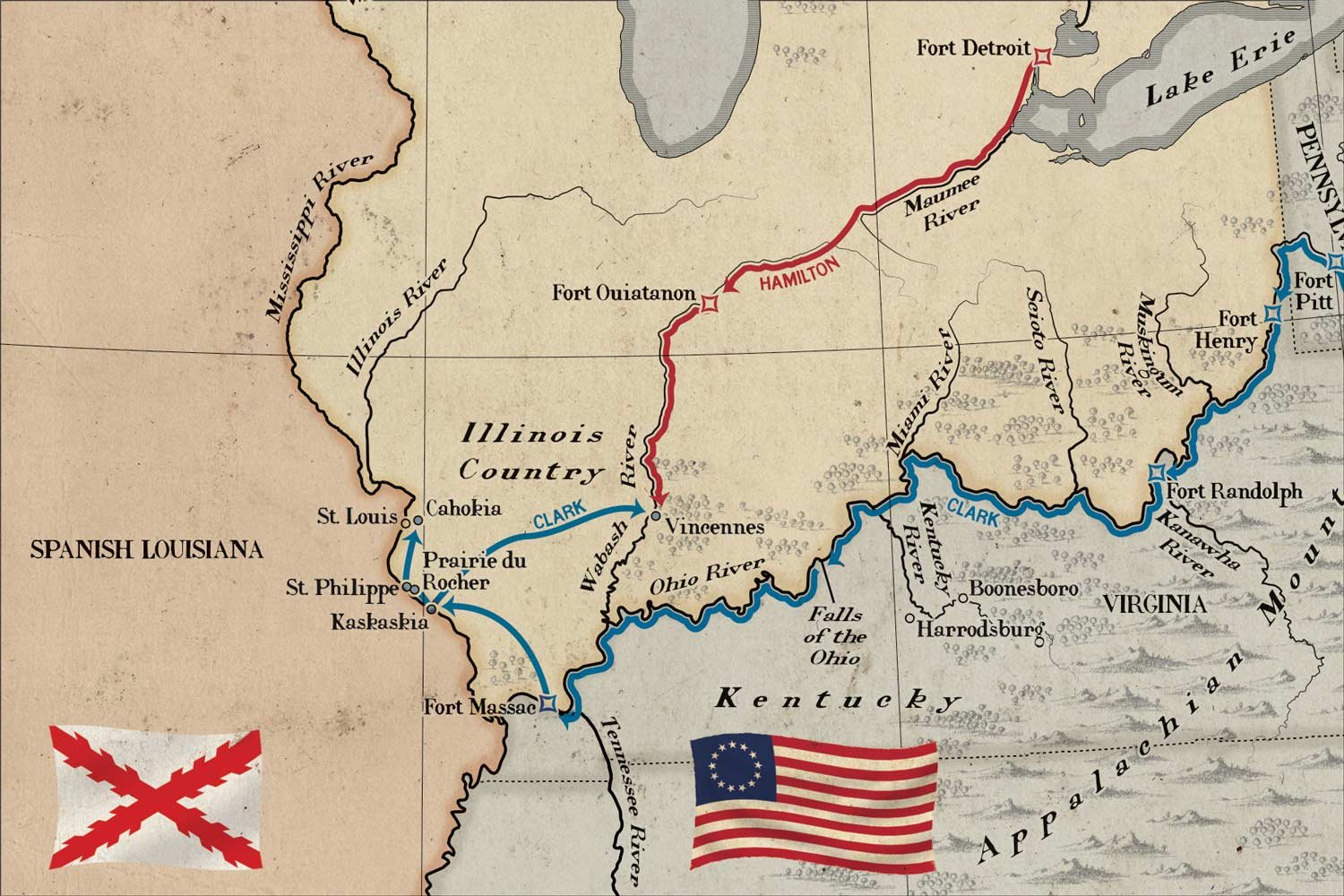
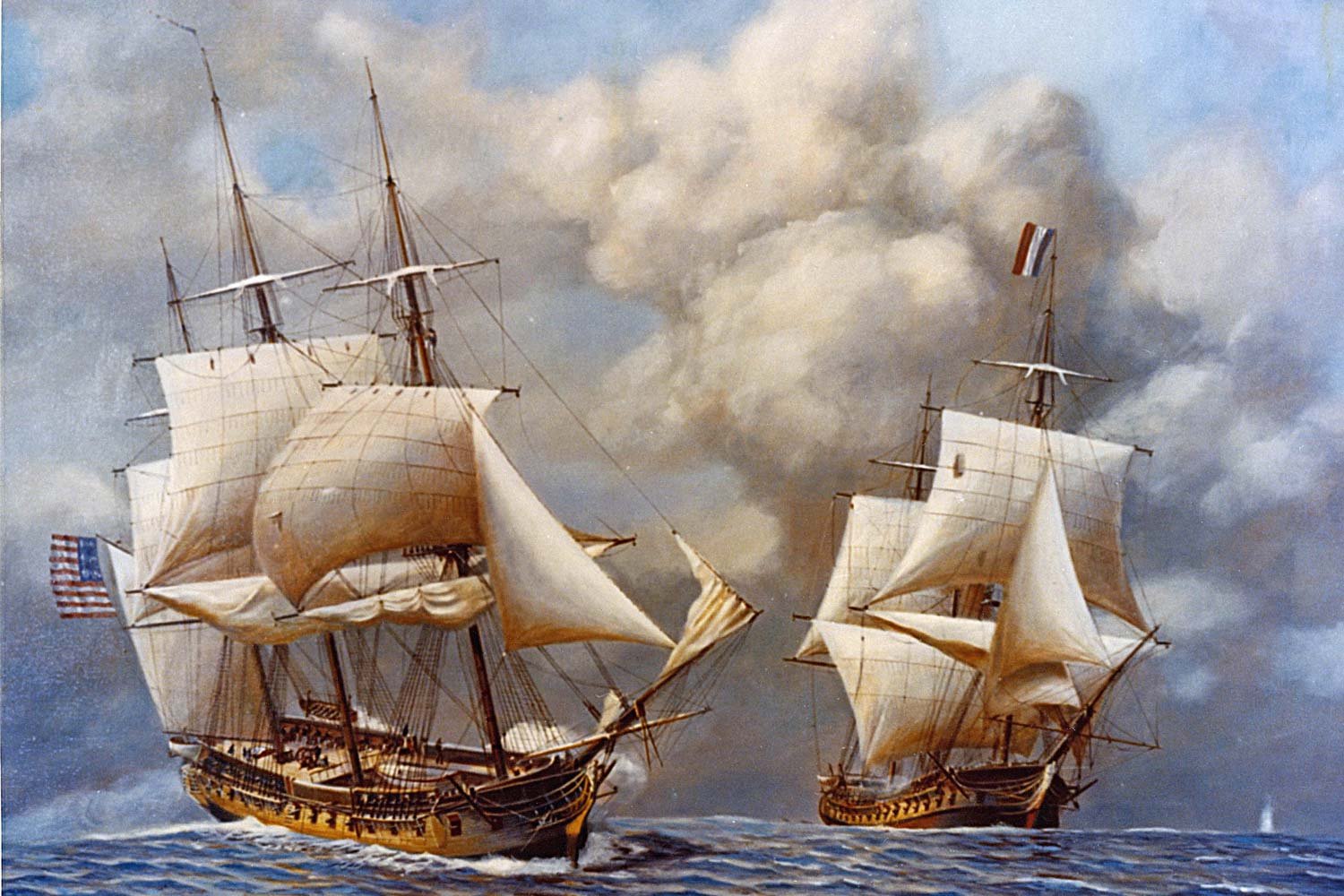
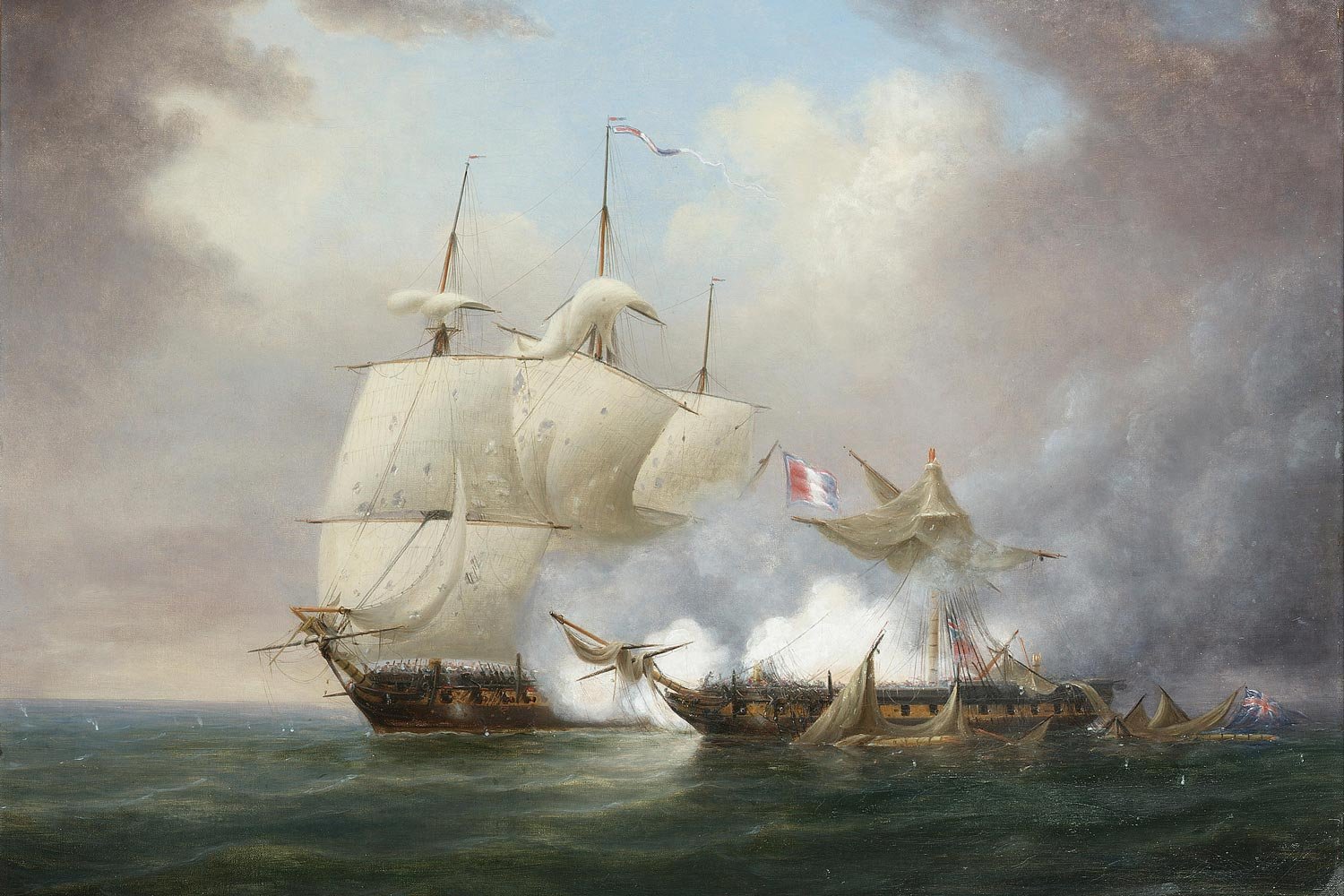
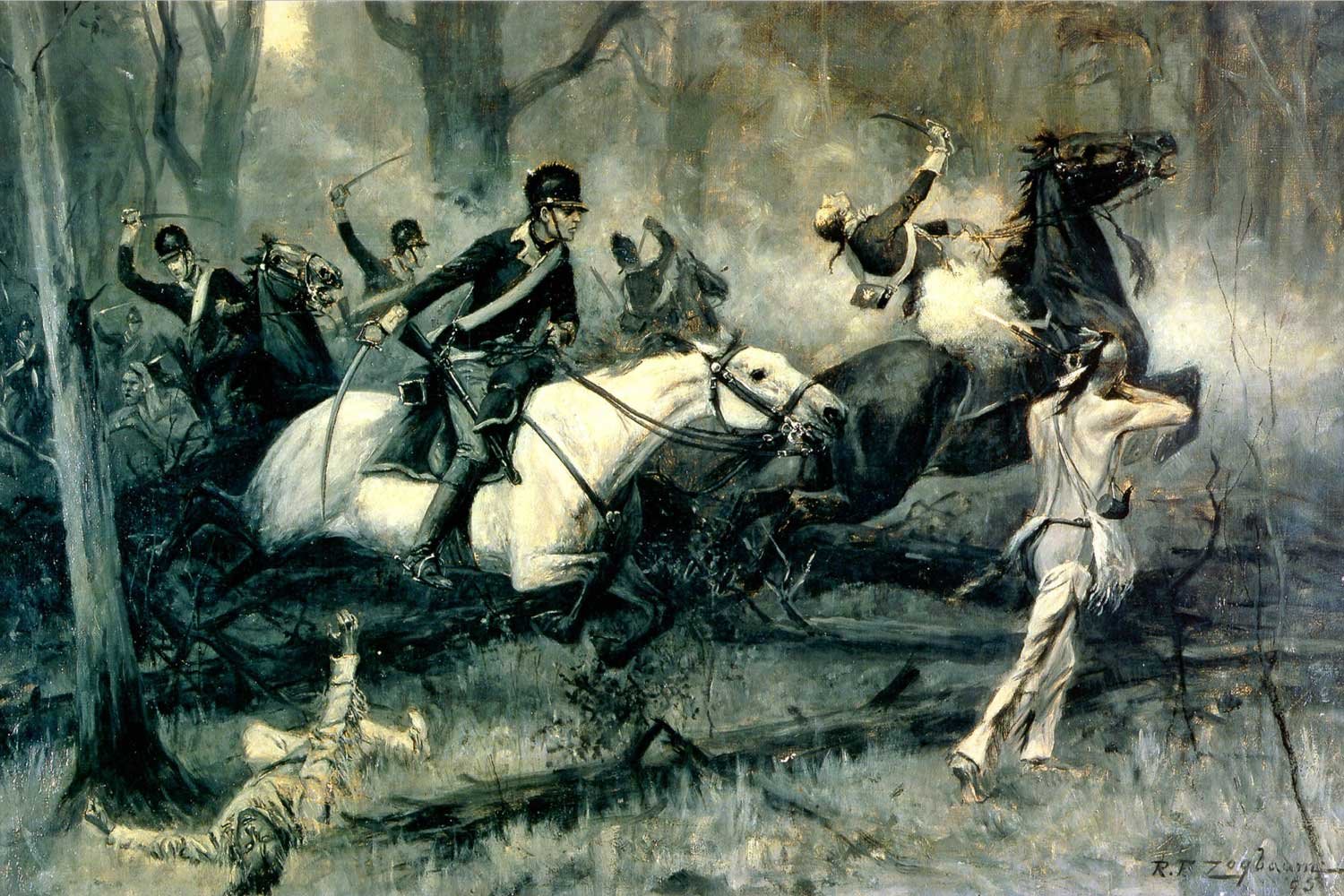
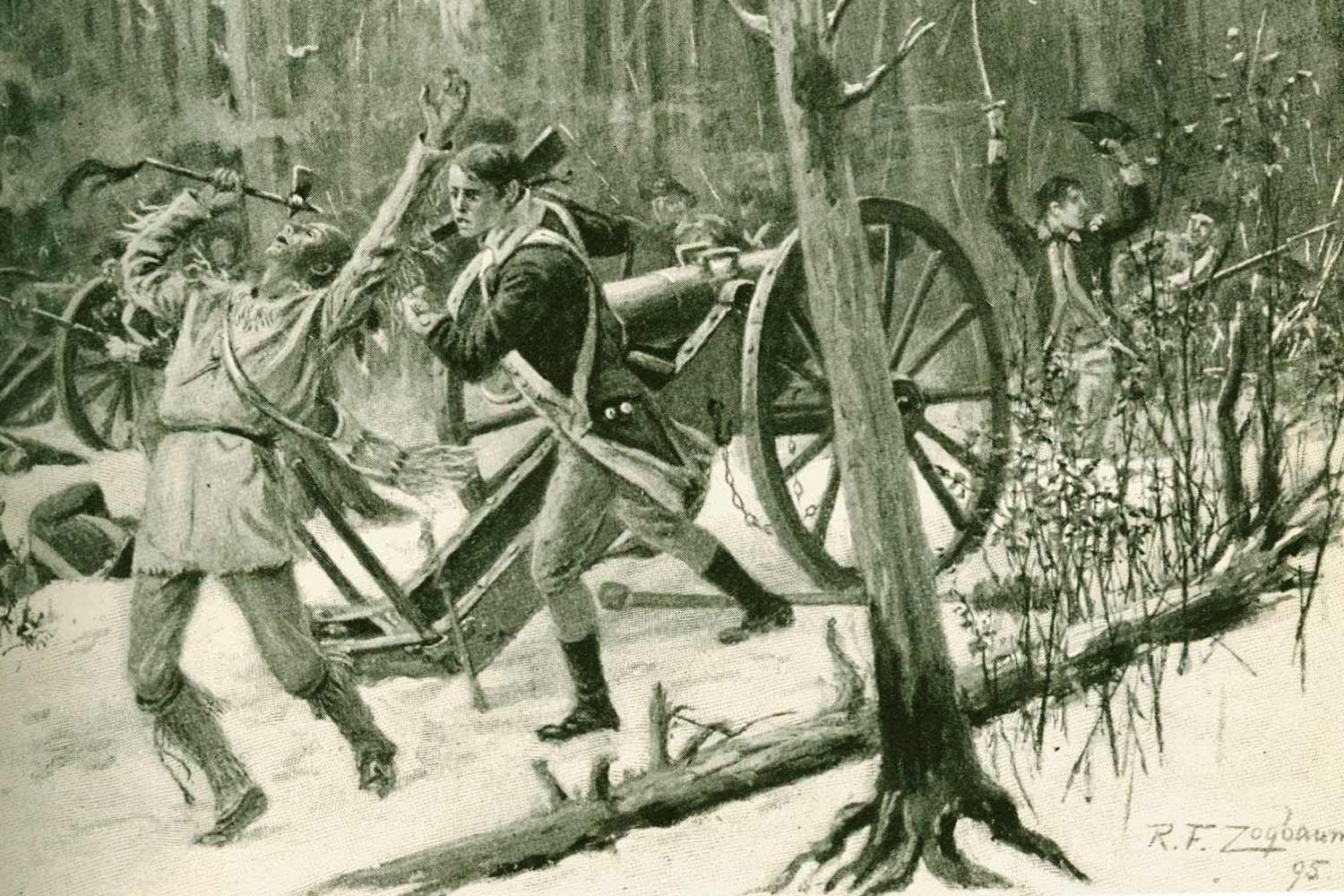
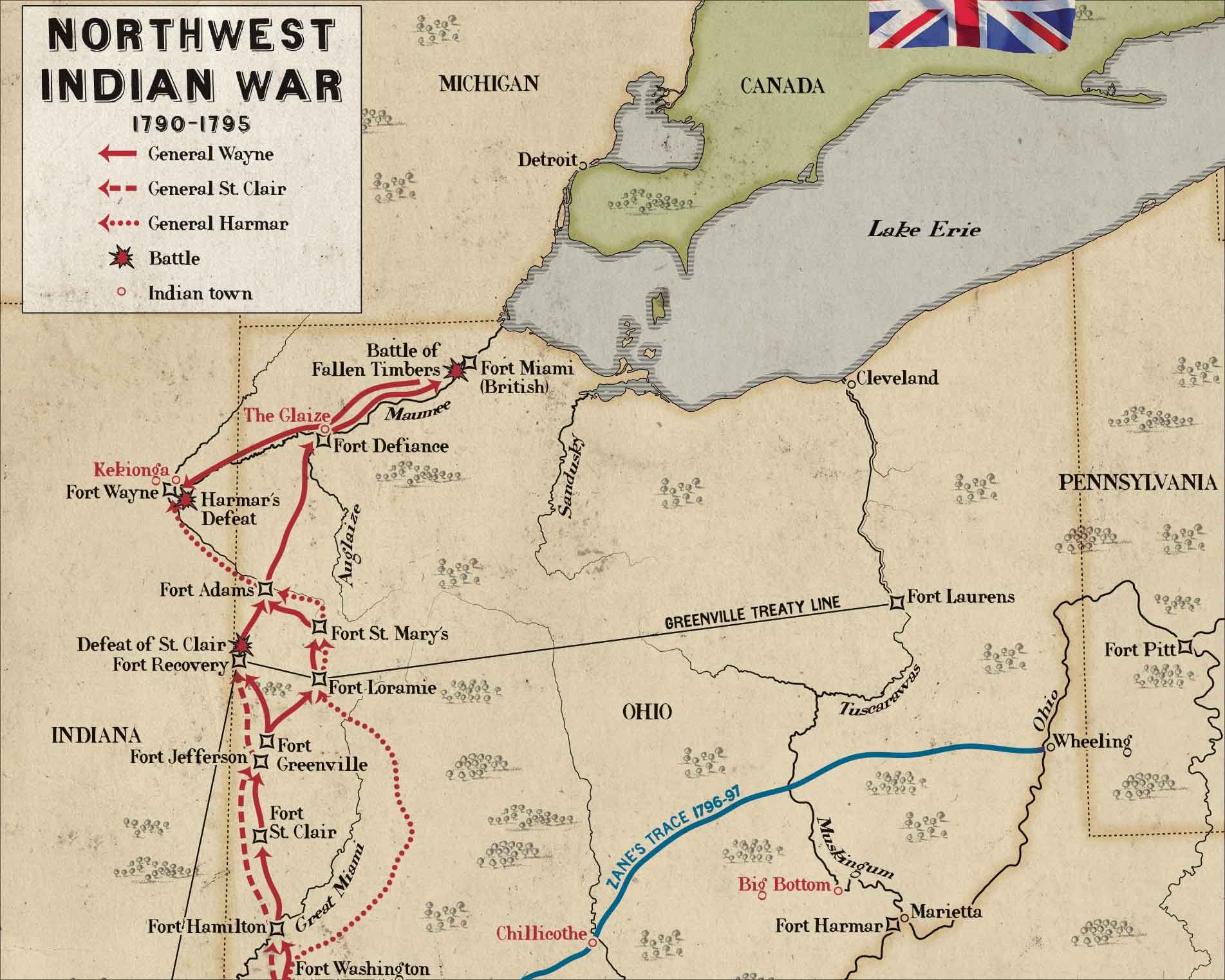
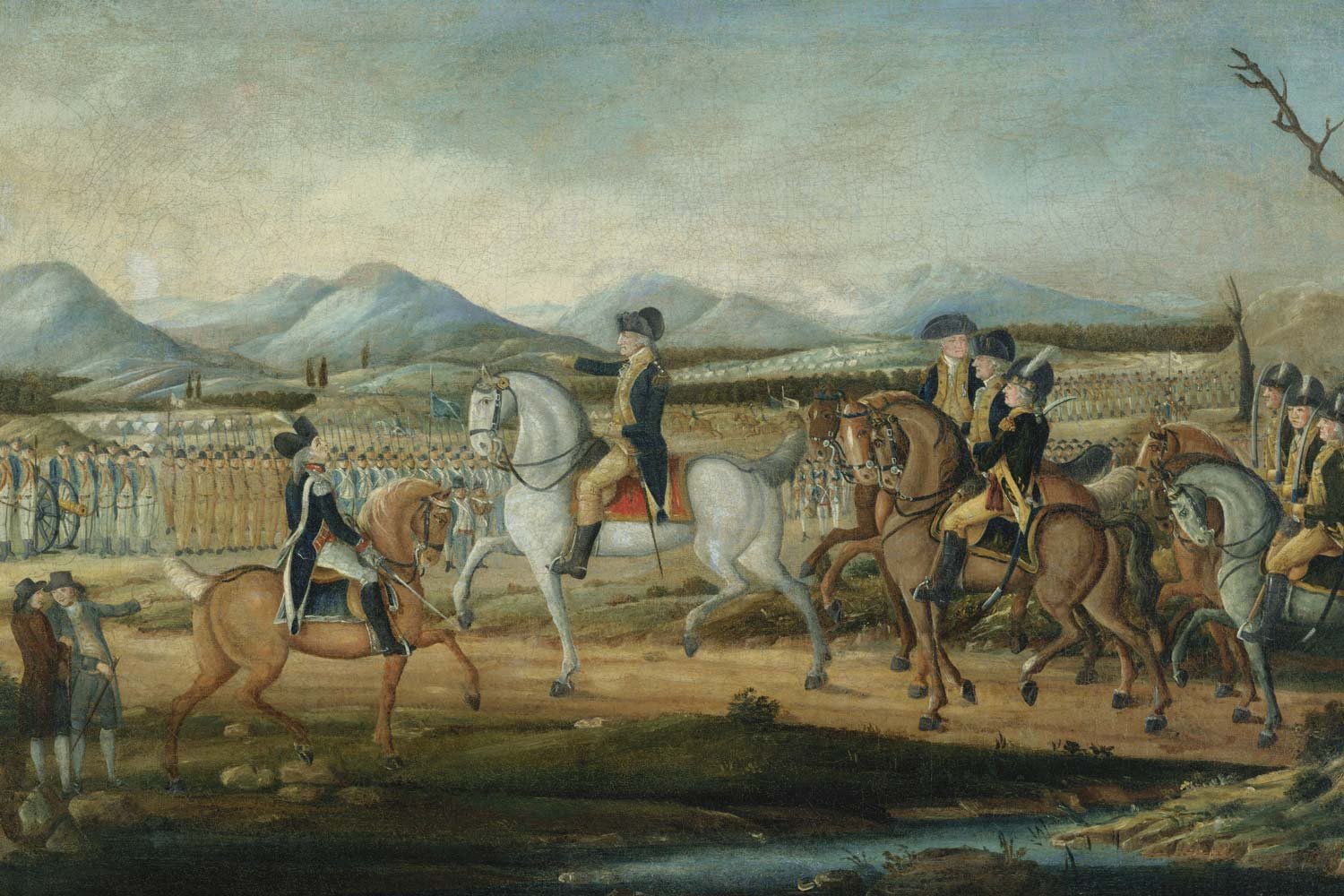
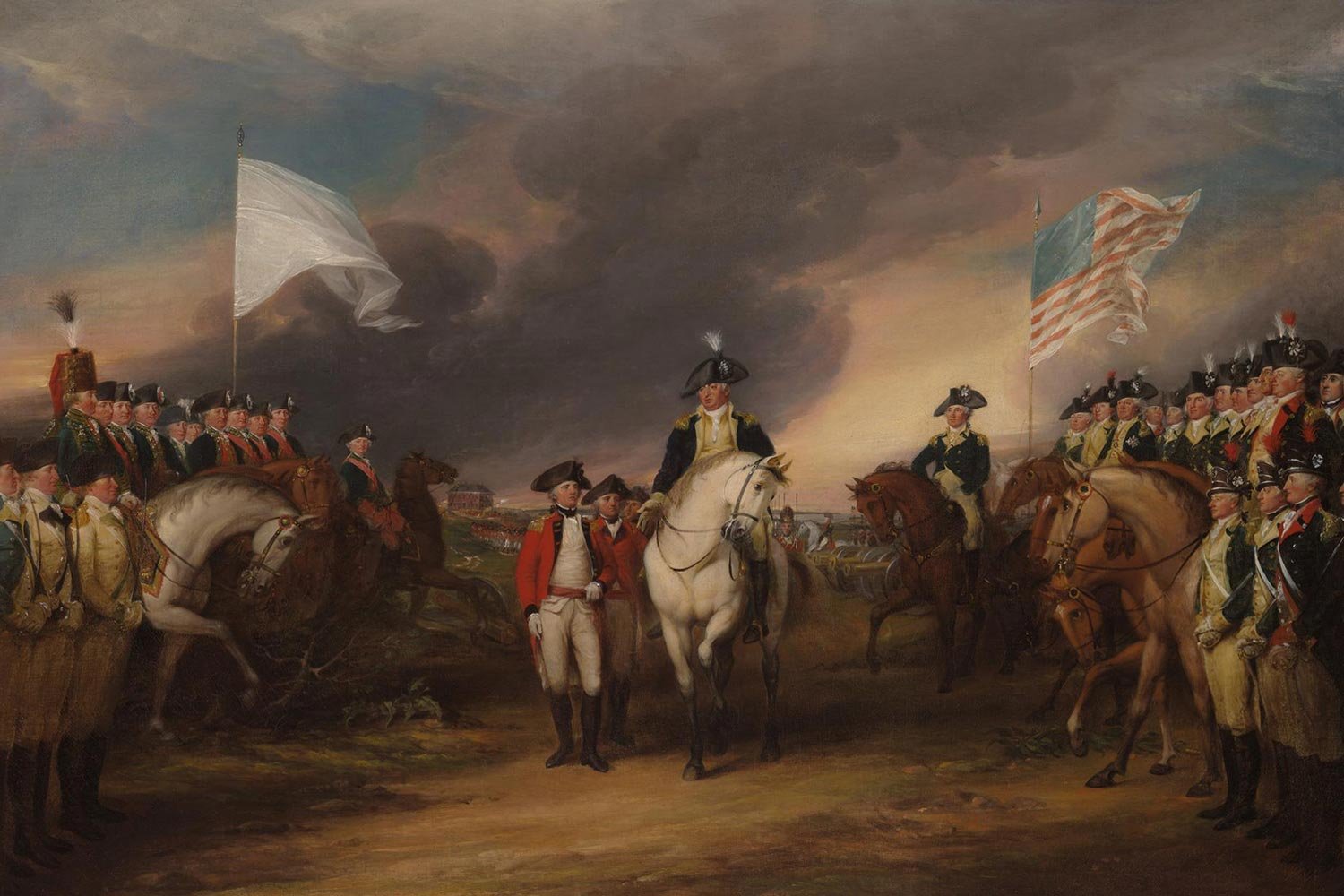
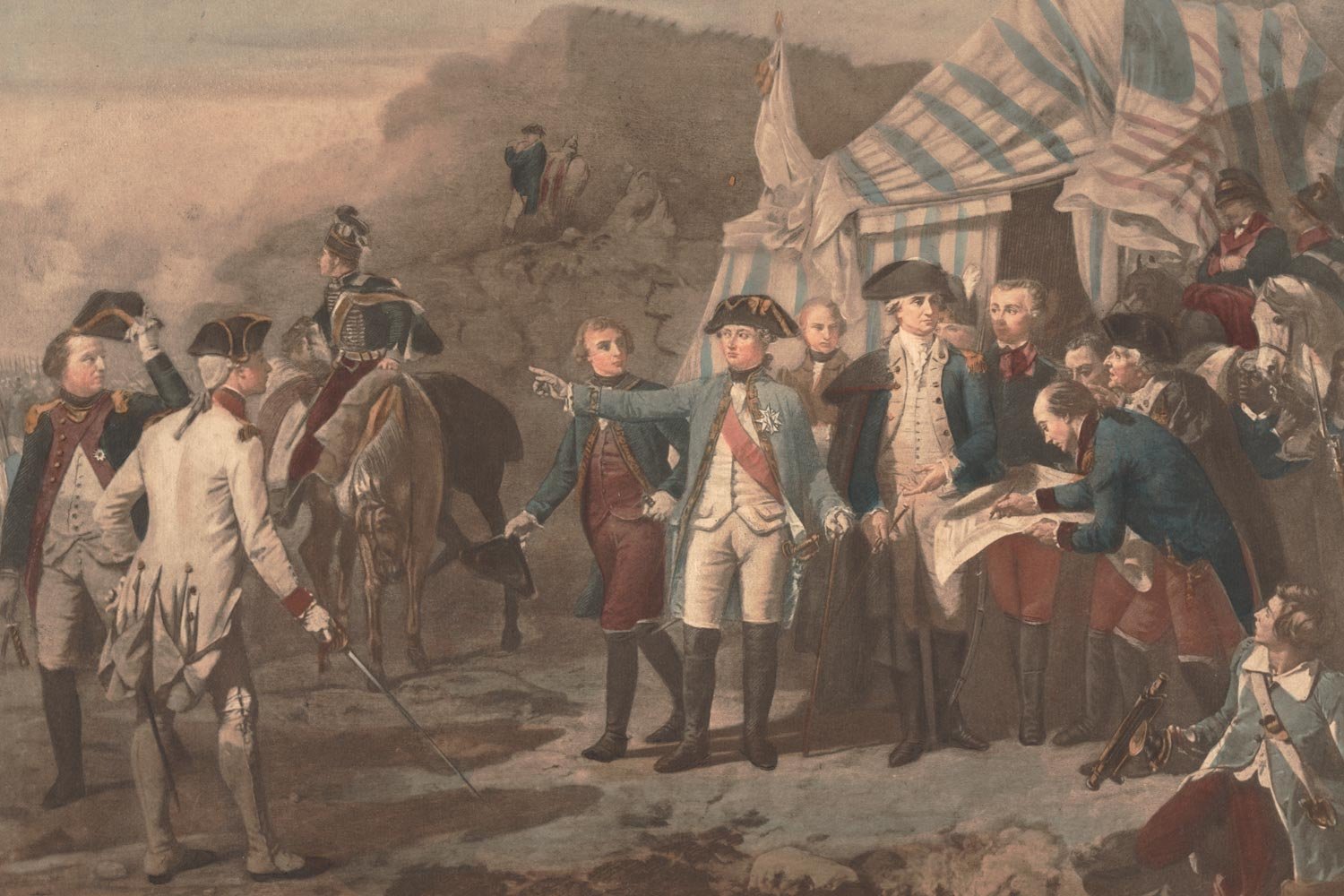
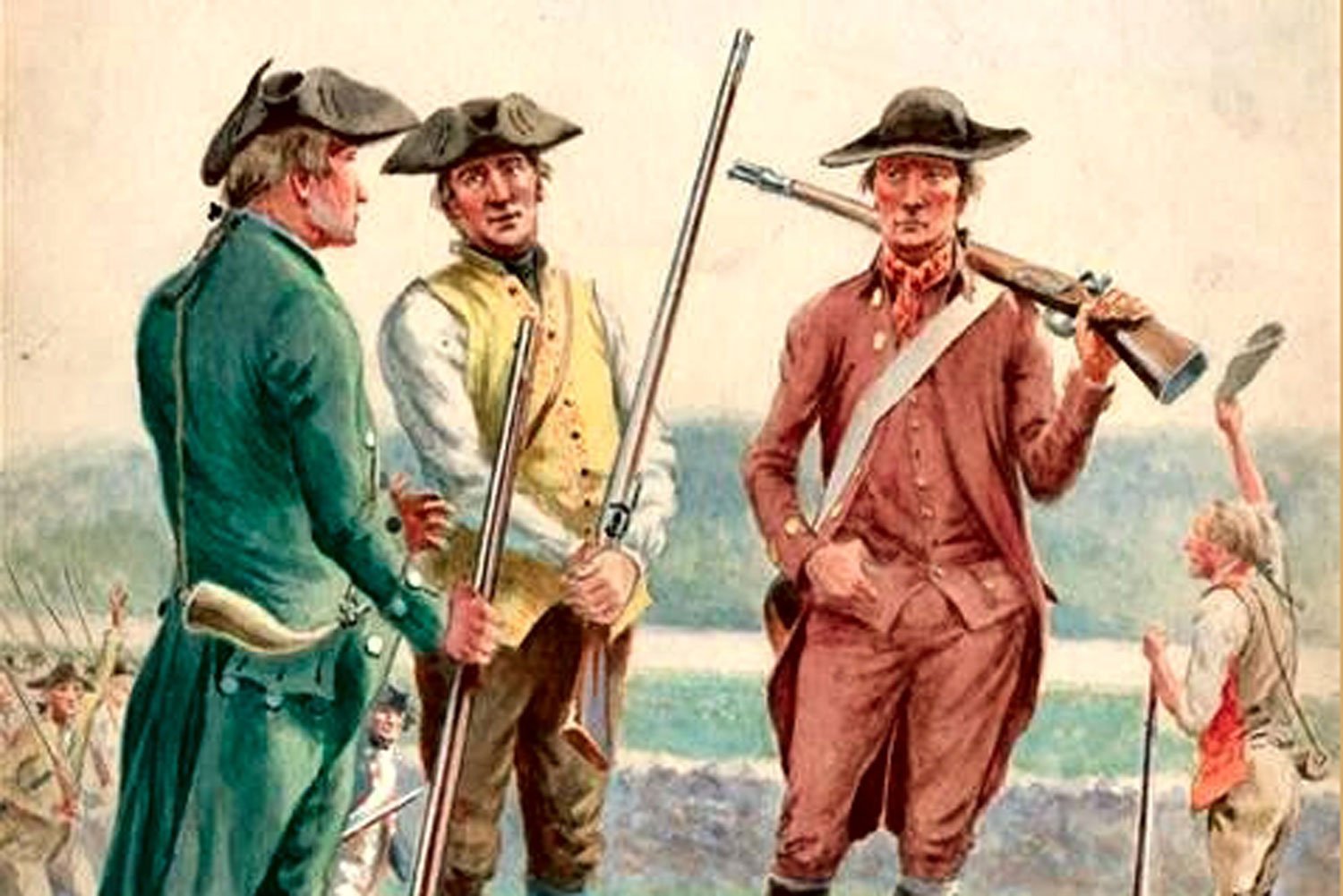
The only fighting in the Quasi-War occurred at sea, and mostly in the Caribbean. But with war at a fever pitch and French interests so close by in Louisiana, there was a very real concern in Congress about a possible French invasion of the United States from the west.